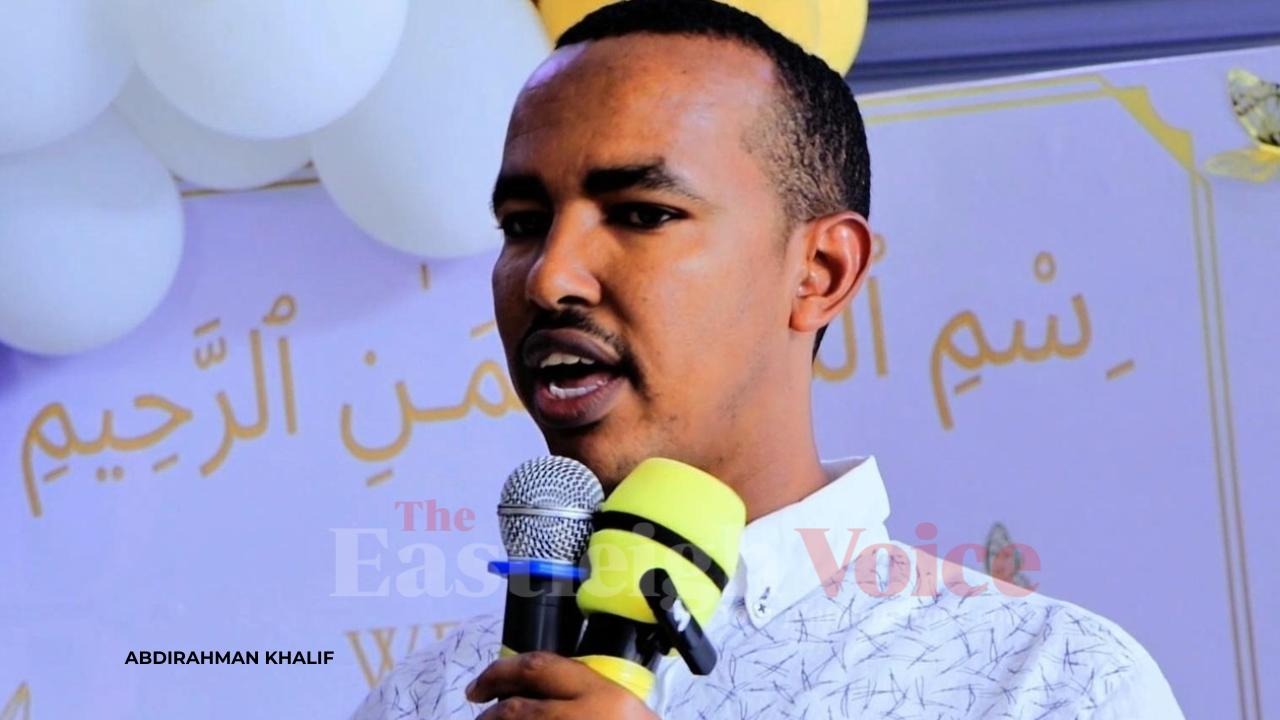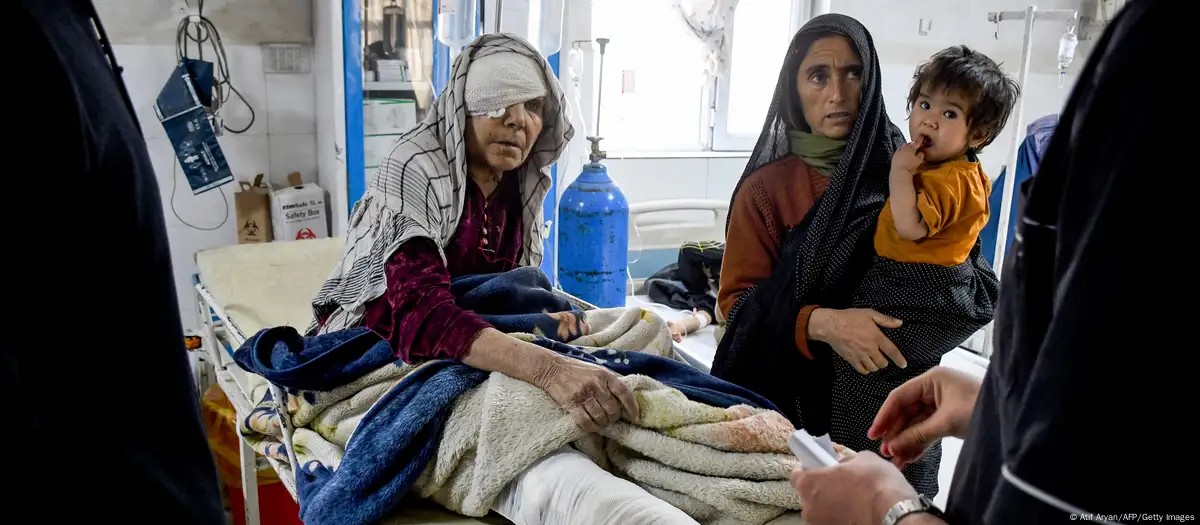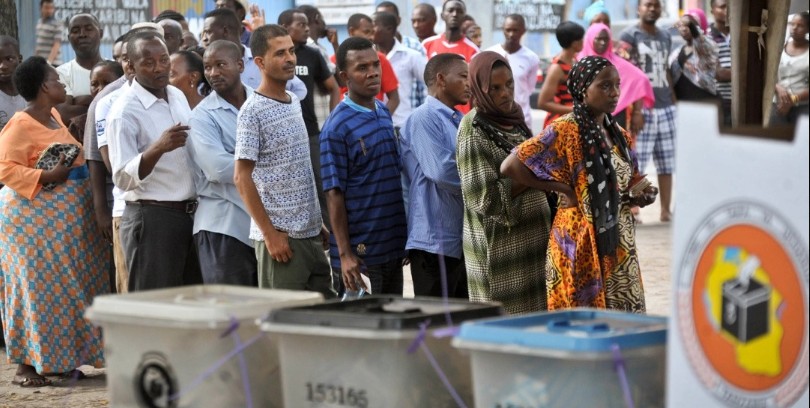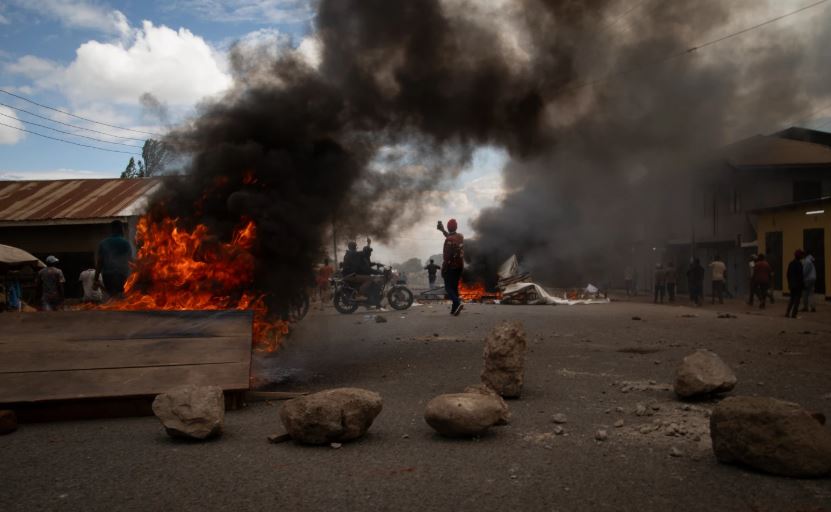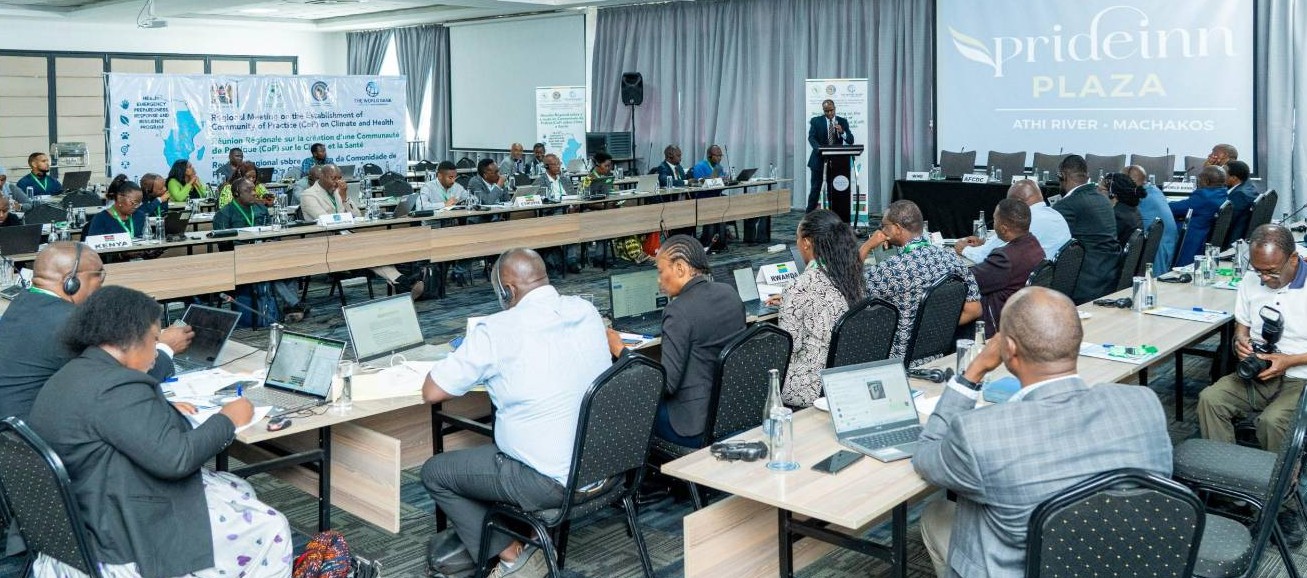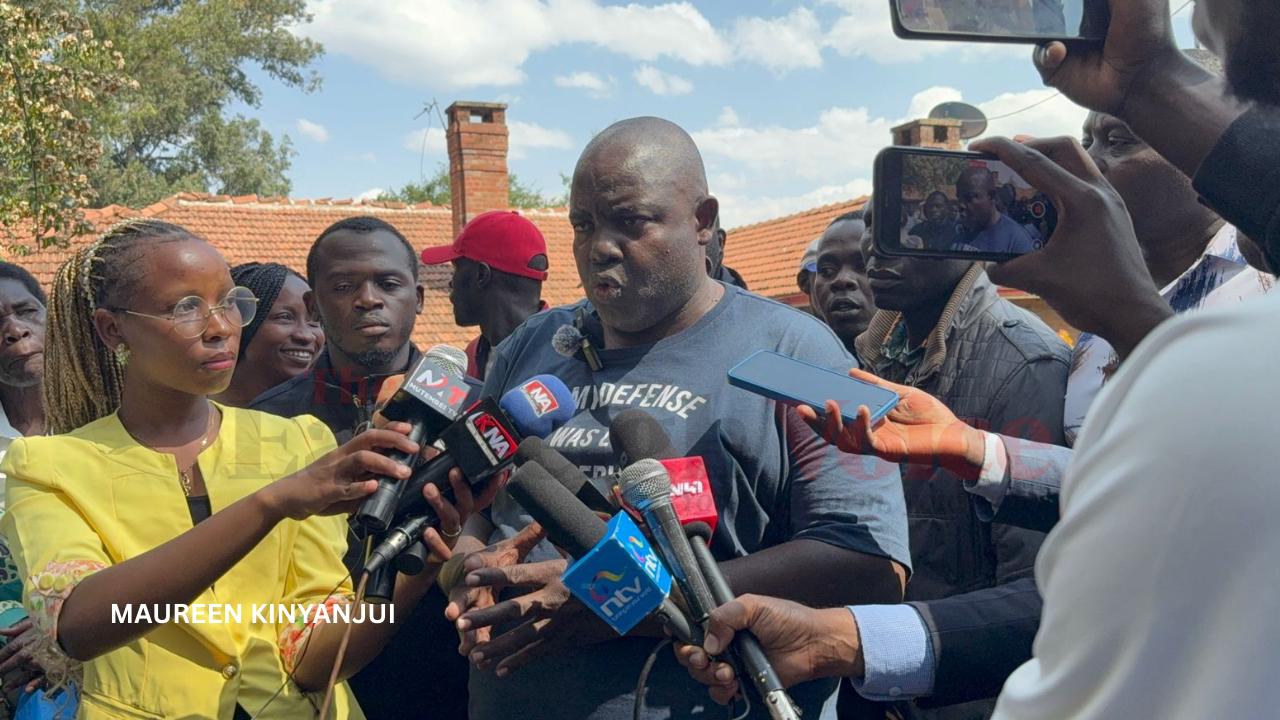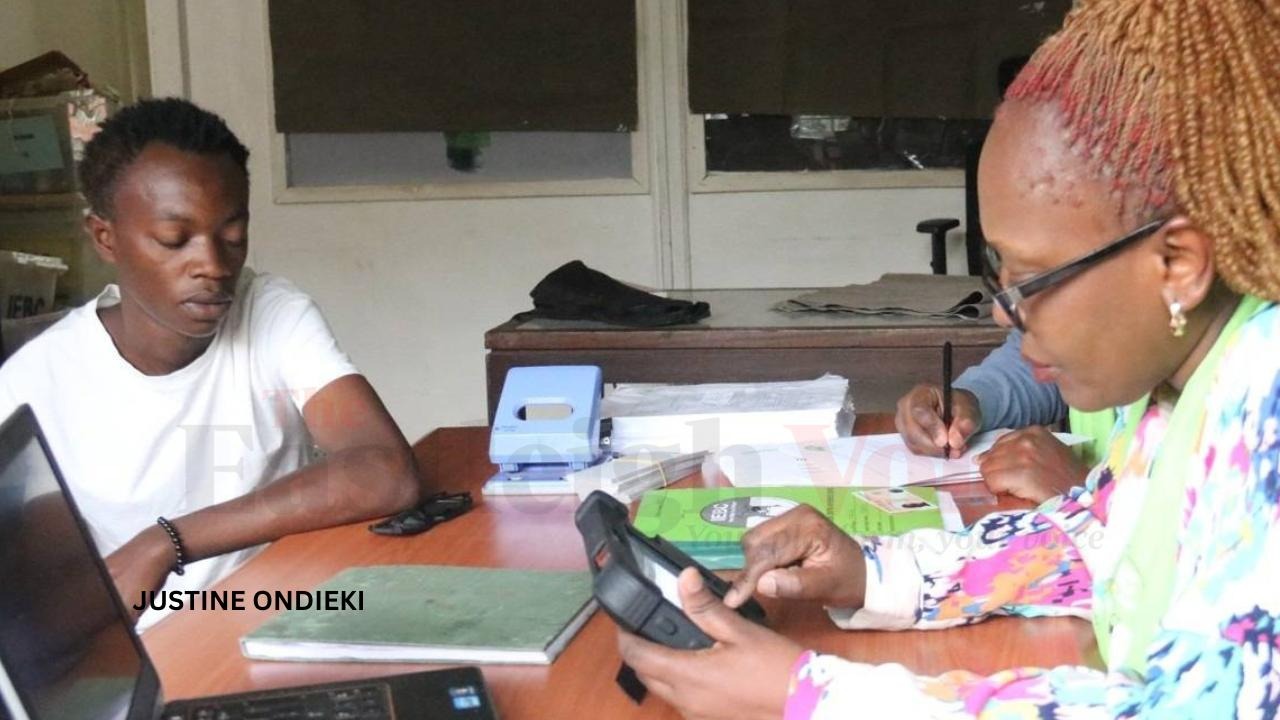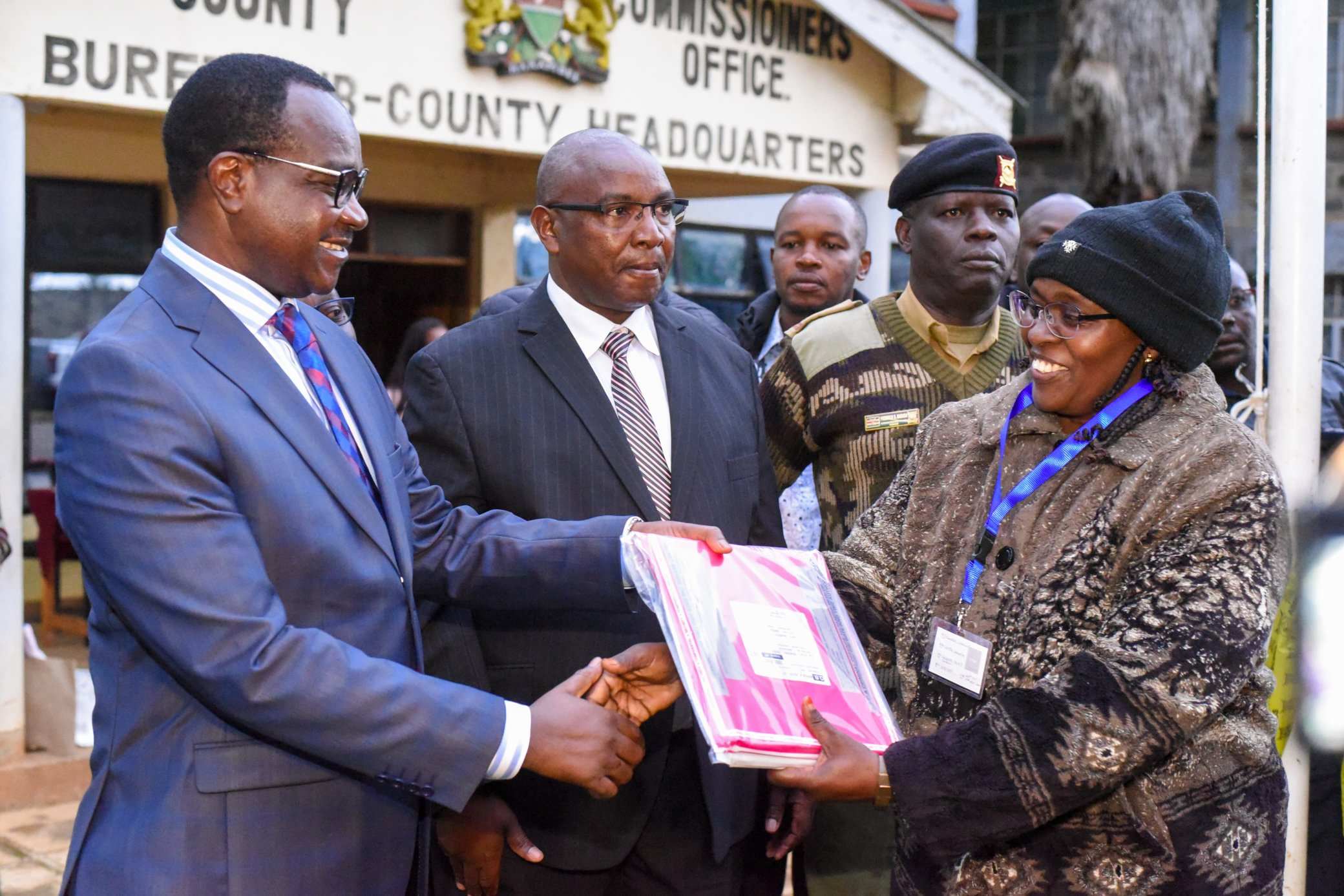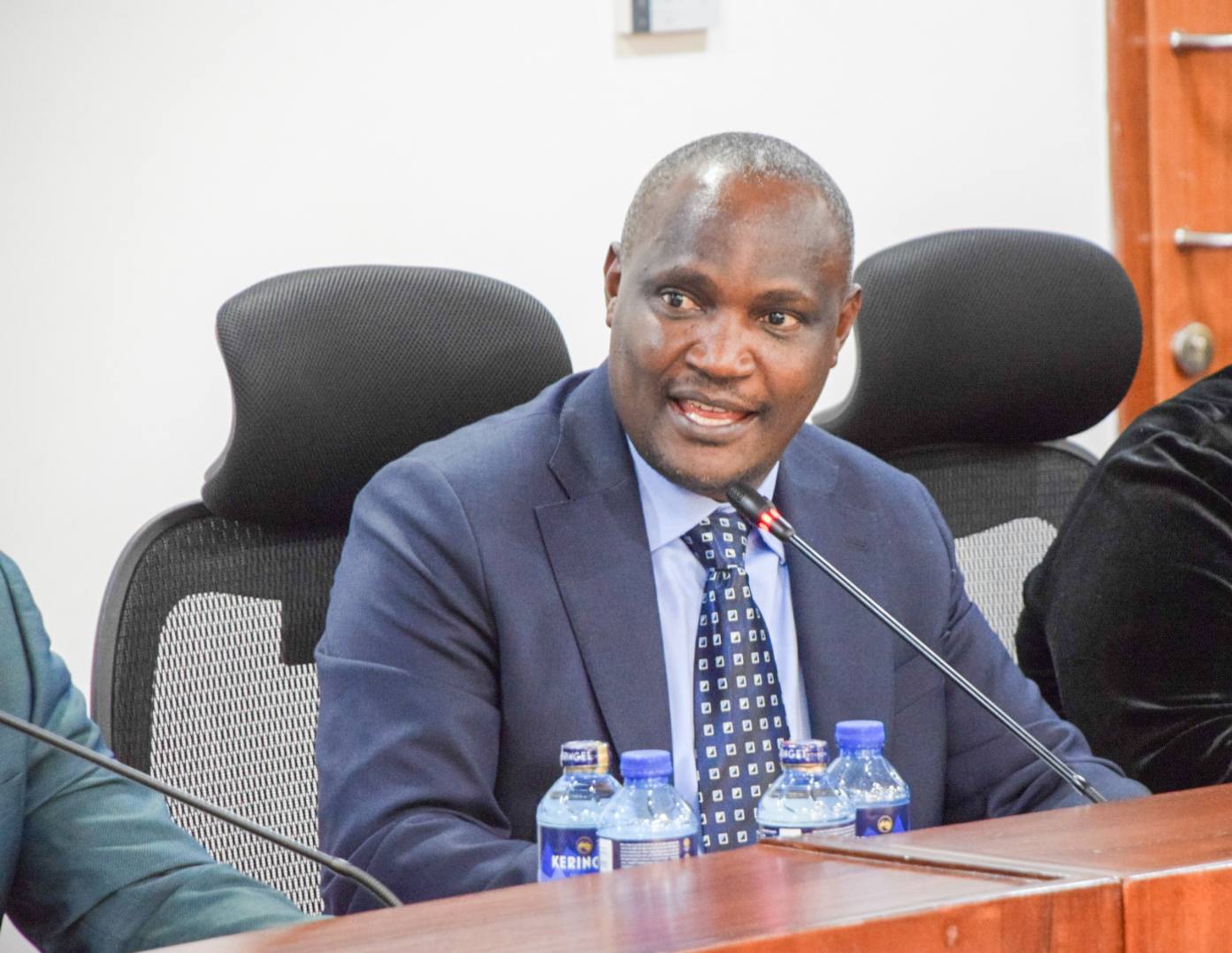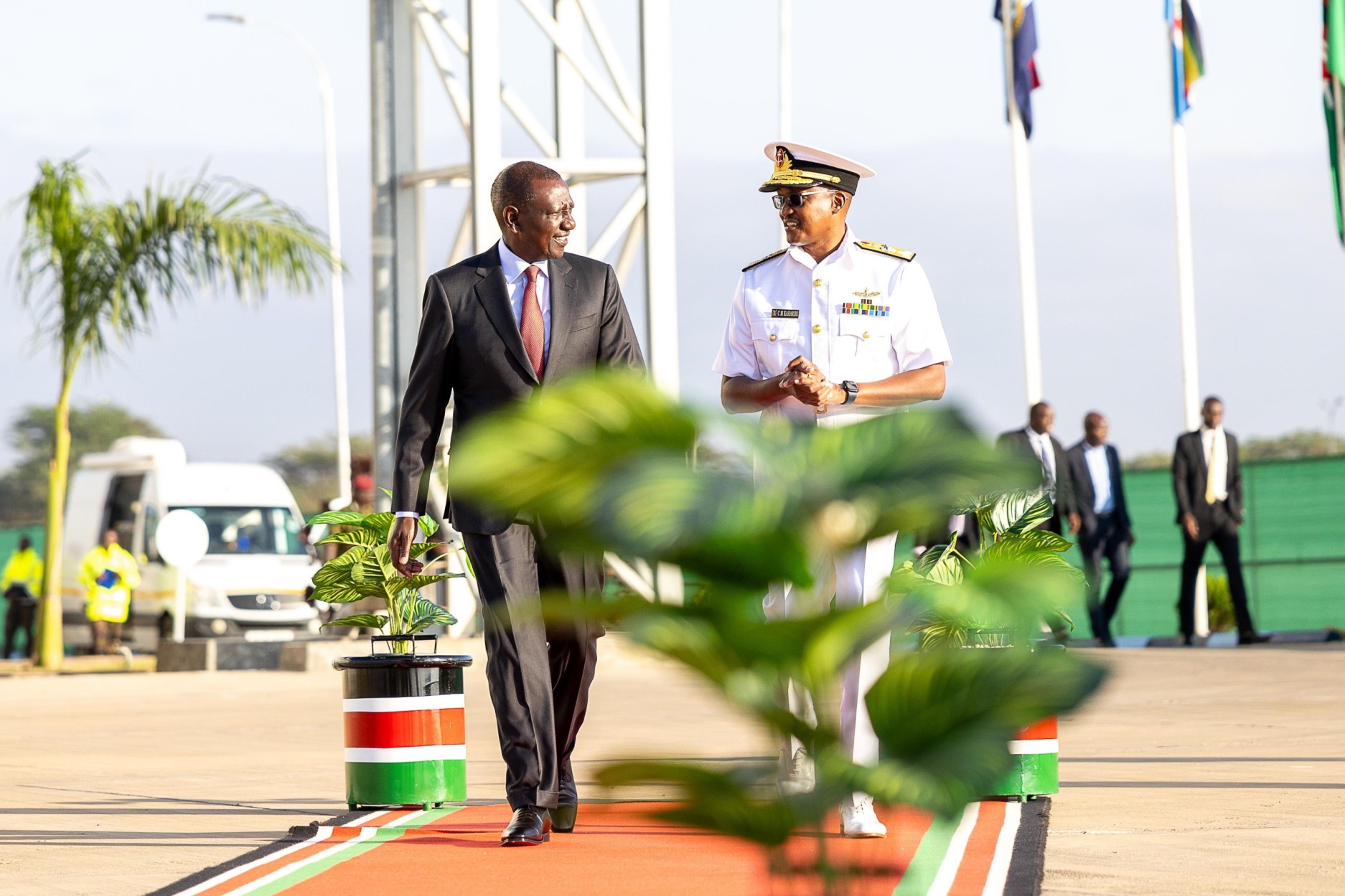Kilifi children unite in fight against plastic pollution through art
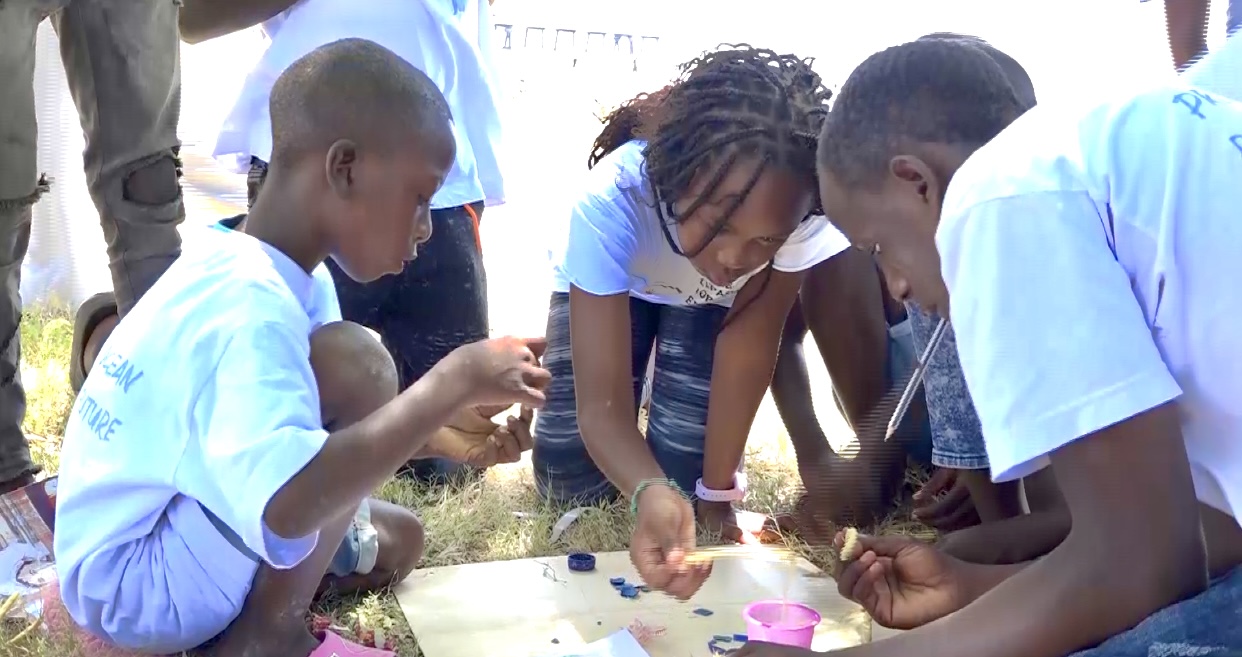
The children have been conducting beach clean-ups to collect microplastics, particularly focusing on the Sabaki areas where they have observed the extensive damage caused by these tiny particles.
A group of children from various regions of Kilifi County has embarked on a campaign to raise awareness within their communities about the detrimental effects of plastic on marine life and human health.
The initiative is being spearheaded by one of them Jada Neema, a well-known environmentalist from Malindi, who is guiding the young environmental advocates in repurposing plastic waste into artistic creations, thereby mitigating its harmful impact.
More To Read
- We tested if a specialised magnetic powder could remove microplastics from drinking water: The answer is yes
- How Nigeria’s plastic waste could enrich the fashion industry
- NEMA launches crackdown on factories producing plastic bags
- Unseen and unprotected: The hidden workforce battling Kenya’s waste crisis
- The recycling dilemma: Most plastic still ends up as waste
- Kenya calls for swift action on global plastic pollution treaty
As part of their efforts, the children have been conducting beach clean-ups to collect microplastics, particularly focusing on the Sabaki areas where they have observed the extensive damage caused by these tiny particles.
"We are making art out of microplastics, and we are also educating children so that we can go on to educate our parents and friends about how to achieve a greener future," said Neema.
"During our clean-up at Sabaki, we collected microplastics because they are harmful to the ecosystem. Birds can confuse them for food, leading to choking, and sea animals like fish might end up eating them, which can result in microplastics being found in our blood."
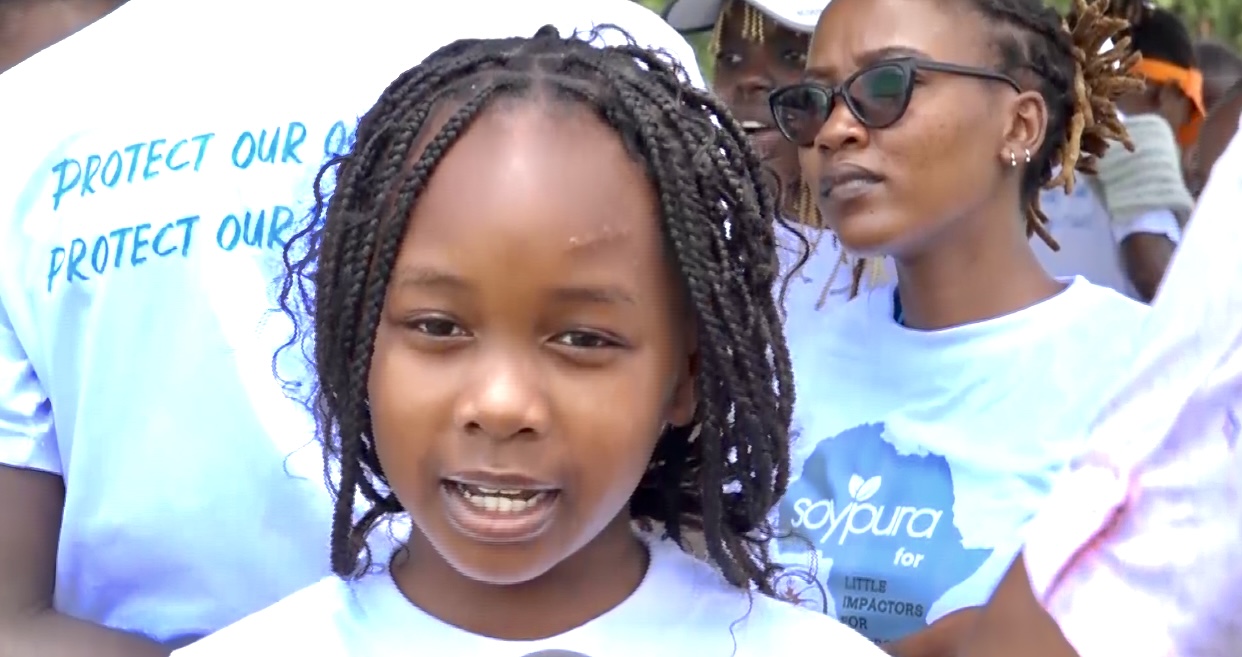 Jada Neema, a well-known environmentalist from Malindi, is guiding young environmental advocates in repurposing plastic waste into artistic creations. Photo: Farhiya Hussein)
Jada Neema, a well-known environmentalist from Malindi, is guiding young environmental advocates in repurposing plastic waste into artistic creations. Photo: Farhiya Hussein)
A member of the environmental group Julia Wahome highlighted the alarming extent to which microplastics infiltrate our daily lives, starting from our homes.
"The microplastics come from our homes, so if there is a way we can prevent them from getting into the ocean, then we will achieve our goal," Wahome explained noting that once microplastics enter the ocean, they become part of the food system, and this poses a significant burden on the health sector.
“Some diseases we face today originate from consuming fish and other foods contaminated by microplastics,” she said.
Capacity building
Wahome also called on the government to enhance capacity building among citizens and engage manufacturers in reducing the production of plastic materials.
"The government should focus on educating the people because we are using a lot of plastics. Additionally, it should engage manufacturers in reducing plastic production and explore more biodegradable alternatives. We also encourage people to repurpose plastics at home, such as using them for vertical gardens on balconies," she added.
Rael Nyanchama, another member, expressed the group's enthusiasm about their work and its potential impact. "We have been collecting microplastics from the ocean, and today, we had the opportunity to discuss in groups the importance of reducing plastic pollution," Nyanchama said.
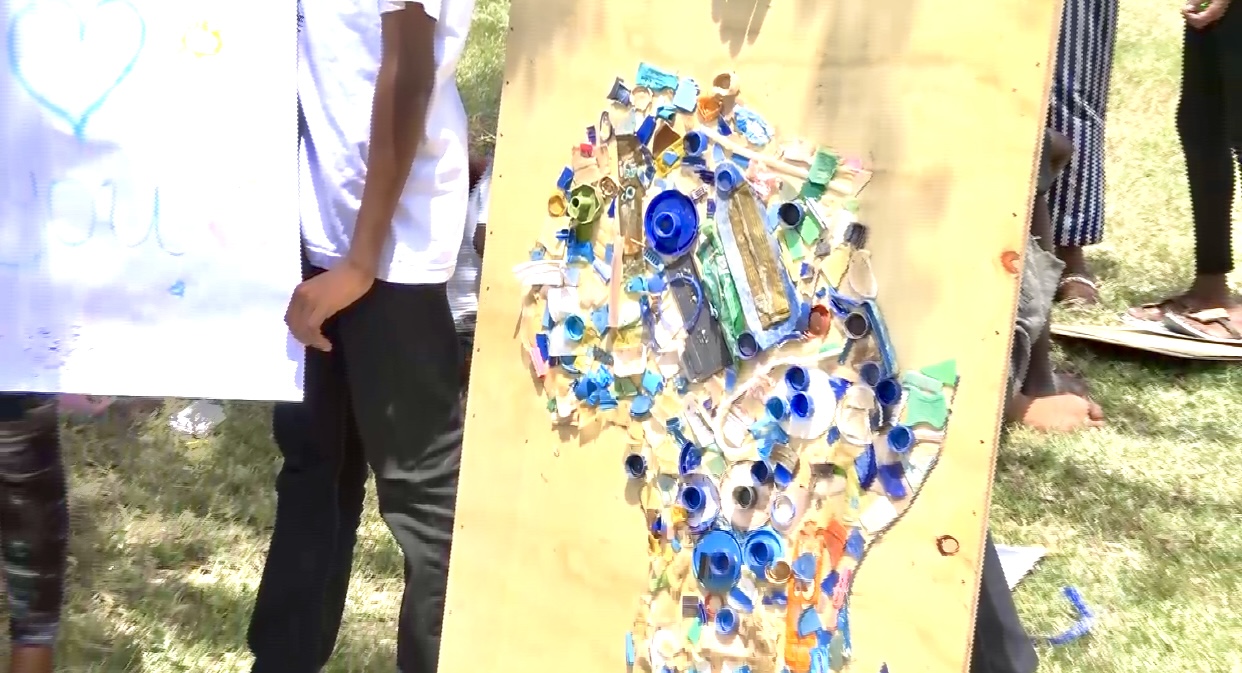 A sample of the artwork made from microplastics collected from beach clean-ups in the county. (Photo: Farhiya Hussein)
A sample of the artwork made from microplastics collected from beach clean-ups in the county. (Photo: Farhiya Hussein)
"We used the microplastics we've collected to create art, including a map of Africa. We even wrote letters to the United Nations Environment Programme (UNEP), hoping and praying for a reduction in plastic pollution."
Nyanchama emphasised the importance of educating younger generations about environmental conservation. "Imagine teaching our younger generations to understand the significance of taking care of the environment from a young age. It’s a wonderful initiative, and these kids are learning that pollution affects marine ecosystems. It is a unique approach, and we encourage it. We aim to expand this initiative to other areas so that more children can participate and recognise that environmental protection is everyone's responsibility. As they grow up, they will have an ingrained sense of environmental stewardship."
A teacher involved in the project, Dan Ongwete echoed these sentiments, stressing the importance of protecting water sources. "Water is life, and we have a lot of aquatic life within it. We are especially concerned about species like turtles, which are globally revered. We are here to protect our water sources and collect microplastics because turtles might mistake them for food, which is very harmful," Ongwete said.
The children’s campaign is gaining momentum, with plans to expand its activities to more communities within Kilifi County.
Top Stories Today
